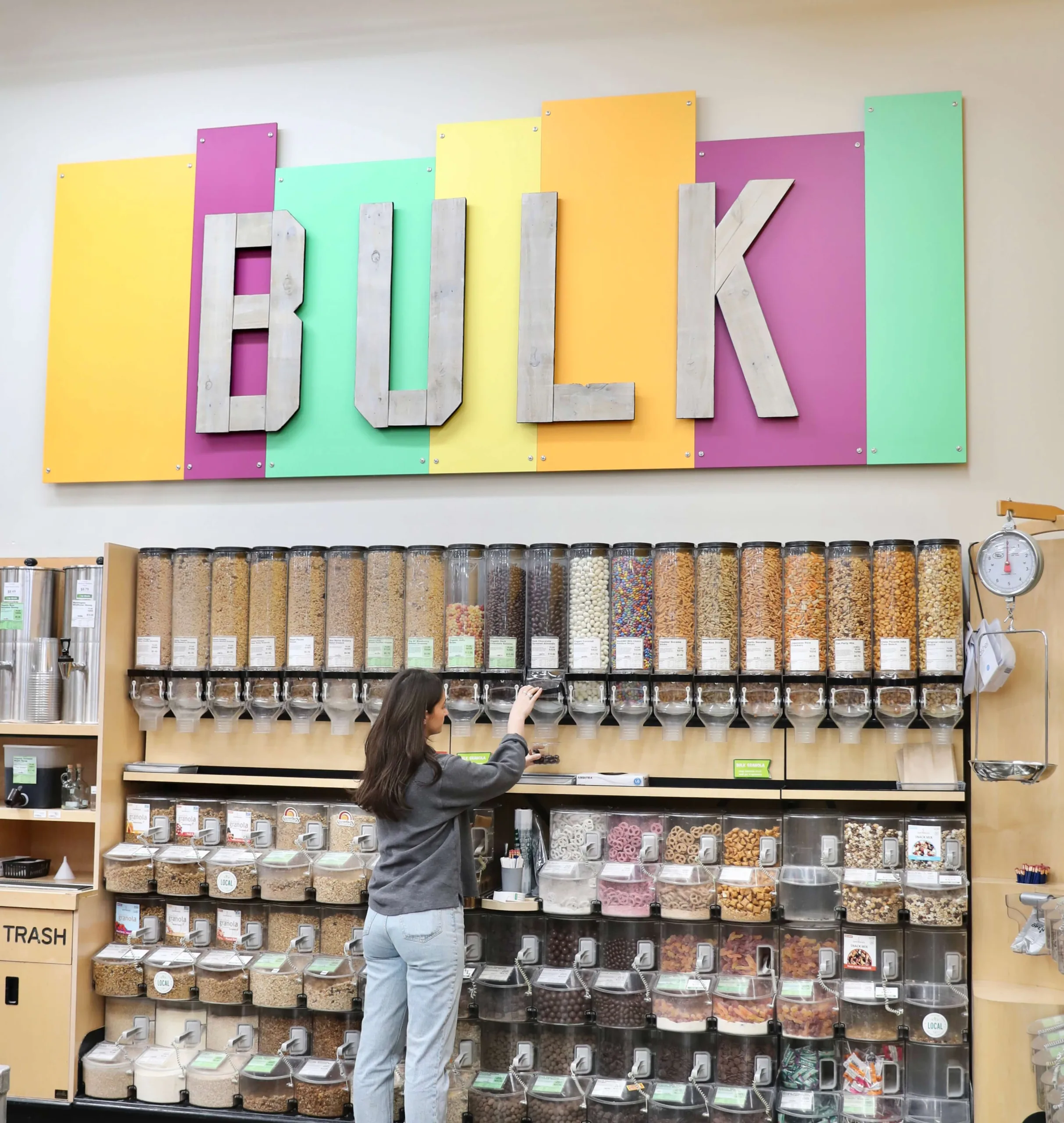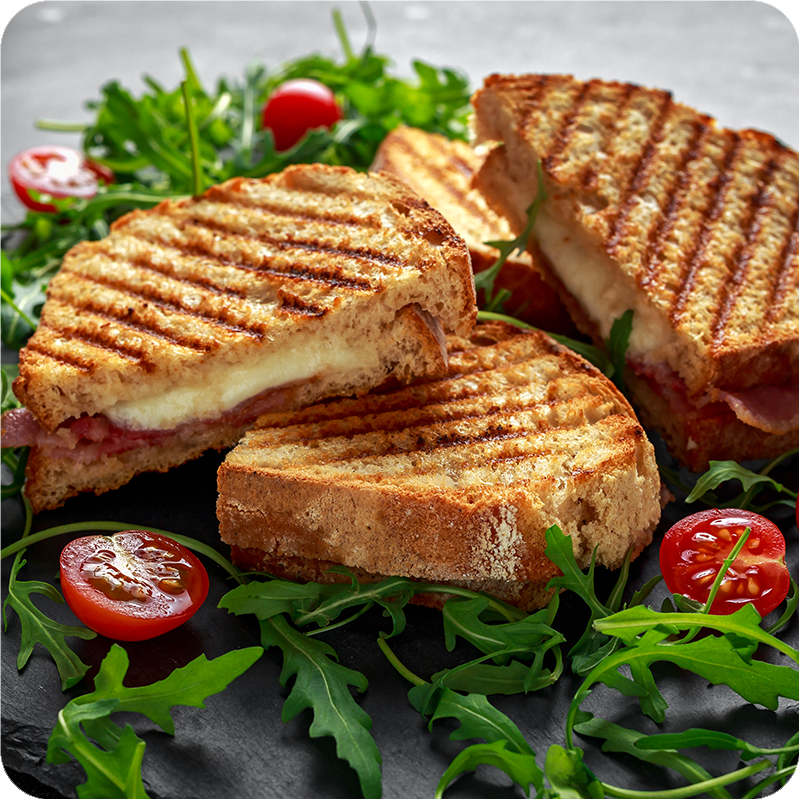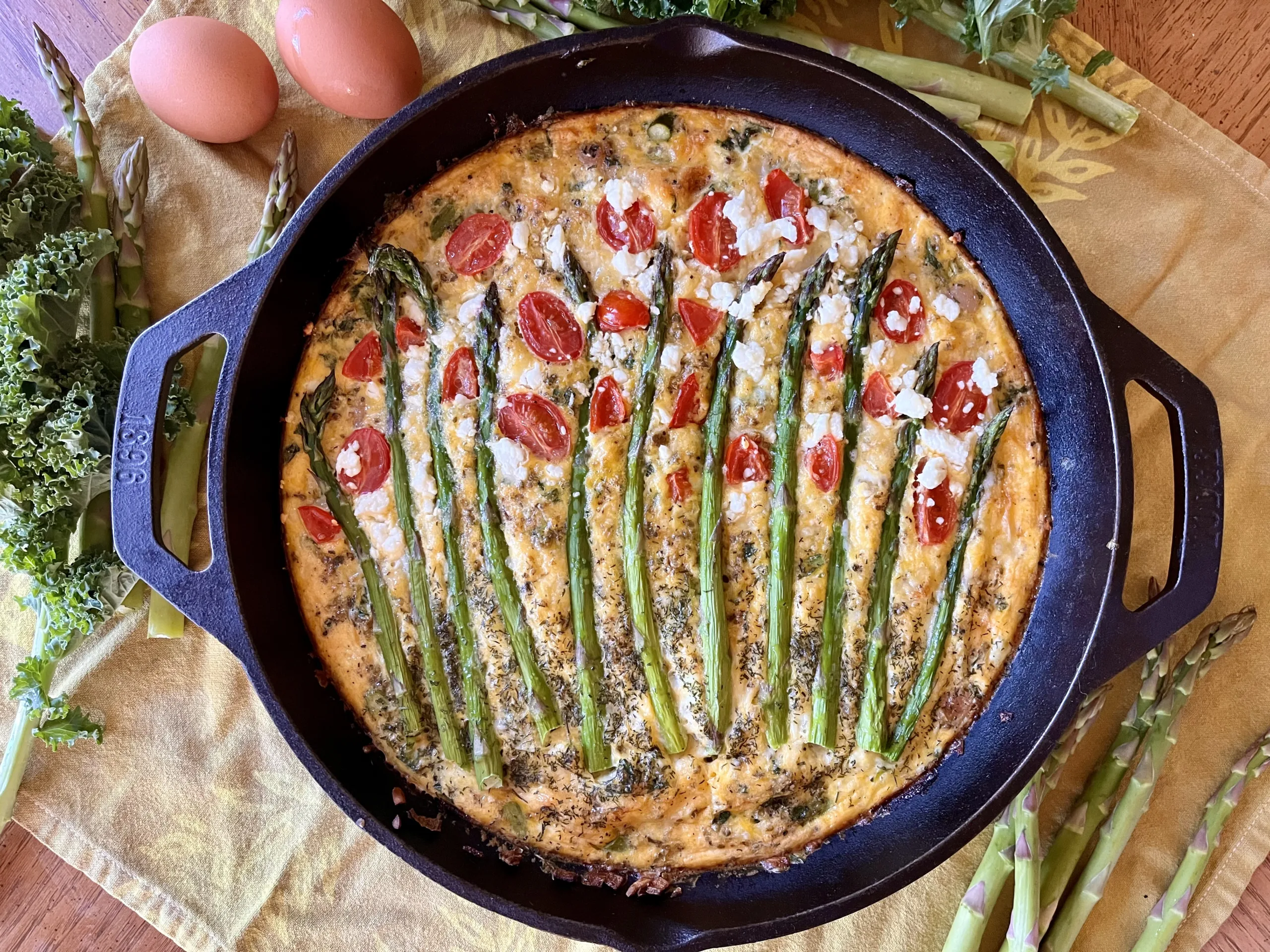
Natural Approaches to Seasonal Affective Disorder
Noticing a dark mood encroaching on an otherwise festive holiday season? Especially here in the Pacific Northwest, where the daylight hours only amount to 8 hours daily this time of year, seasonal affective disorder (SAD) has become a common affliction for many.
SAD is a type of depression that has a distinct seasonality to it and that reoccurs every year. People who suffer with SAD often start to experience the onset of depression in the late fall and early winter months that correlates with the reduced exposure to sunshine. This depression is often fully relieved by the onset of late spring which brings with it sunnier days and longer daylight hours. Despite its limited duration, SAD is a serious mental health disorder that can greatly impact a person’s quality of life.
Luckily, there are some tried and true therapies that can help alleviate the depression seen in SAD. Treating SAD naturally and effectively involves a multi-pronged approach, using a combination of some or all the treatment options described below.
Light Therapy
Light therapy is the first line treatment for SAD. It involves exposure to either natural light or a light therapy lamp for at least 30 minutes a day, preferably within the first hour of wakening. Although natural light is preferred, as it means getting outside which can have its own mental health benefits, this is not a reliable option in the PNW where we are often burdened with overcast skies, rain, and only short, intermittent bursts of sunshine. Light therapy lamps filter out UV rays and provide an intensity of 10,000 lux of cool-white light (much brighter than typical home lamps). To use a light therapy lamp safely, you’ll want to have it within your field of vision but not stare directly at it. For example, you could have it next to your computer while working, or on the kitchen counter as you prepare breakfast. Generally, results can be noticed within one to three weeks of daily use. Make sure to still take advantage of those rare sunny days that do occur, whether it be going for a walk or sitting by your favorite window spot to soak up the natural light.
Counseling
Counseling, especially cognitive behavioral therapy, has been shown to help reduce depressive episodes in patients with SAD. Amongst its many strategies, cognitive behavioral therapy includes a technique called behavioral activation which helps patients identify specific activities that can promote engagement and pleasure to help offset the winter blues.
Vitamin D
Studies have shown a correlation between people who have SAD and low vitamin D levels. This deficiency is common in our corner of the world, as the northern latitude combined with the number of overcast days, provides less opportunity for our skin to produce its own vitamin D. I rarely see normal vitamin D levels in individuals who do not supplement if they live in the area year-round. General recommendations for a safe vitamin D intake are around 2000IU per day in the form vitamin D3. It is important not to take too high of a dose as vitamin D toxicity can occur. For best results, getting your vitamin D levels checked can help guide a safe and effective dose regimen. Serum levels less than 30 ng/mL are deficient and levels above 90 ng/mL are too high.
St. John’s Wort
St. John’s Wort is one of the most researched herbs for mood disorders, showing efficacy for both depression and anxiety. It helps to increase levels of serotonin, dopamine, GABA, and noradrenaline in the brain, all of which are important neurotransmitters that affect mood. Studies on St. John’s Wort and SAD are small but promising, showing relative efficacy to light therapy and increased efficacy when used in combination with light therapy and cognitive behavioral therapy. The important caveat to St. John’s Wort use is that it interferes with many medications (including birth control and other SSRI antidepressants) and thus should be avoided if you are on any medication, unless otherwise advised by a licensed naturopath or healthcare professional.
Melatonin
Melatonin is an important hormone involved in the body’s sleep-wake cycle. Some studies have shown a reduction in melatonin in individuals experiencing SAD, which can potentially affect sleep and exacerbate SAD symptoms. In addition to a healthy bedtime routine, taking a small amount of melatonin before bed can help replenish depleted levels and enhance a healthy sleep cycle, especially when used along with light therapy.
Exercise
Exercise is one of the best strategies for improving mood and this remains true for SAD. You don’t have to spend long hours at the gym to yield benefits to your emotional health, even 30 minutes of light walking per day can significantly mitigate feelings of depression. Taking advantage of those glimmers of winter sunshine by getting out for a quick stroll can afford even greater effects.
By weaving together these diverse interventions, it is possible to navigate the winter season with a greater sense of resilience and well-being, reclaiming the joy of the festive season despite the challenges posed by winter’s darker days.





